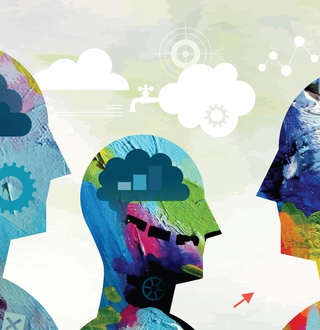
THE LATEST ARTICLES

Shedding light on women’s work
Research on gender equality often focuses on white-collar employees in formal economies - we must also shed light on the conditions of women working in blue-collar roles and informal economies.

Impact investing: where philanthropy meets finance
Impact investing is a hybrid practice: a blend of philanthropy and finance.

How climate change impacts our health
How do rising temperatures impact our physical health and well-being?

Understanding social media’s role in the American election
How can social media help us understand election results?

ESSEC Knowledge Special Issue: Sport
In this new ebook, ESSEC professors share their research and insights on sports, in honor of the Olympic summer!

How Parisian hospitals are preparing for the Olympics
Looking at crisis management in Parisian hospitals.

Why philosophy and sports have more in common than you think
Do ancient philosophers and professional athletes have more in common than we think?

ESSEC Science & Society 2024
A recap of the ESSEC Science and Society Conference is now available!

ESSEC Knowledge Review: RISE Strategy
This ESSEC Knowledge Review features research on the RISE Strategy, with articles on AI, entrepreneurship, and social and environmental action.

A moral tightrope: why do we accept violence in sports?
Violence isn't acceptable - but when it comes to sports, why do we make an exception?


